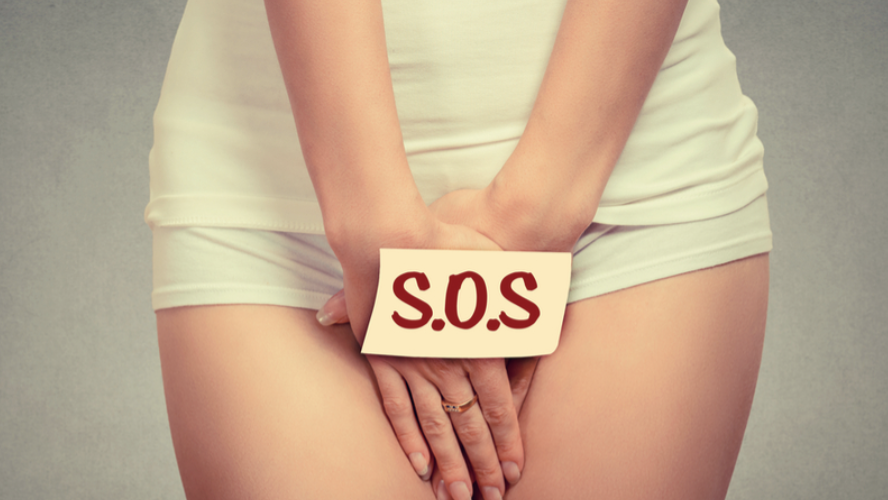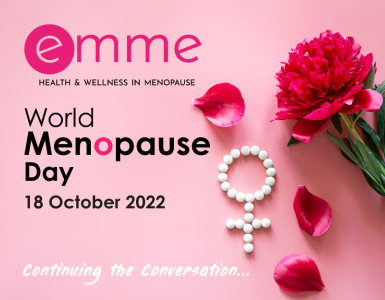by Dr Sheryl A. Ross
Aging is challenging to the vagina and all activities associated with it!
Sex, bladder issues, vaginal burning and dryness, painful intercourse, difficulty having an orgasm, losing sexual desire these are all issues can create vagina insecurity.
Culturally we are not comfortable or trained to talk about our vagina and problems with it especially if it’s issues related to the bedroom
It won’t surprise you that more than 50% of women never talk about their vaginal health with anyone not even their healthcare provider. 90% of women say they think we need better vaginal health education and 8 out of 10 women say they have experienced vaginal issues in the past year. It’s Vagina SOS!
Aging, in general, is not embraced by our culture
Women don’t want to admit they are in menopause knowing the eye of the storm is in the near future. The conversation of aging alone is a taboo along with the negative effects of what happens in the bedroom.
When you enter the next chapter of life, called menopause, your estrogen and testosterone levels both plummet, affecting your desire to be sexually and intimate.
Over 60% of women will report losing their libido
You are being bombarded with physical and emotional symptoms that directly affect your mood in the bedroom. Many women rather be doing the laundry than having sex with their partner. This can create a lot of disruption in a relationship since over 30% of women stop having sex all together. Menopause is bruttle to the sexual wellness and the vagina for women.
Help is on the way!
When you transition into menopause the vagina suffers dramatically. Often, the hot flashes will improve over time but vulva-vaginal atrophy only worsens. In the vagina specifically, estrogen increases blood flow to the tissue, thickens the vaginal walls and helps with overall lubrication. With menopause and the loss of estrogen stimulation in the vagina, the tissue becomes dry and pale. The medical term for this is vulva-vaginal atrophy (VVA) or genitourinary syndrome of menopause (GSM) since the bladder is also affected. As a result, intercourse and other forms of vaginal contact become painful and often impossible.
There are many treatment options
Some of these include HRT, dilators, vaginal laser, and lubricants that can help with VVA. Lubricants are a bandaid to the delicate vaginal tissue during vaginal penetration in menopause.
Taking care of the vulva and vagina decades before menopause is the most helpful remedy for menopausal’s affect on the vagina
Probably cleansing, hydrating and moisturizing the vagina with hyaluronic acid inserts, or other moisturizing equivalents, in your 30’s and 40’s will be your best defense for VVA.
Women’s sexual health has to be made a priority in life
Despite life’s expected obstacles and hormonal challenges, a sexual and intimate life reminds you that your body deserves to be celebrated and pleasure may be within an arm’s reach.
Ladies, we need to make our vagina a health priority and talk about whatever issues you might be experiencing with you vagina especially as it relates to sex and menopause.
I encourage all my patients to help me change the status quo on how we talk about our bodies, especially our vaginas
There are so many issues that women need to discuss about their healthcare that has nothing to do with pap smears, periods and yeast infections. Aside from the sensitive issues of painful sex, inability to have an orgasm, vaginal dryness with sex and vagina insecurity, there are the difficult subjects of depression, anxiety, and hormone imbalance.
Menopause has to be added to our list of health care priorities and how we need to adapt to make this second chapter a vibrant one!
Read more about the fantastic Dr Sheryl A Ross aka Dr Sherry here!
















